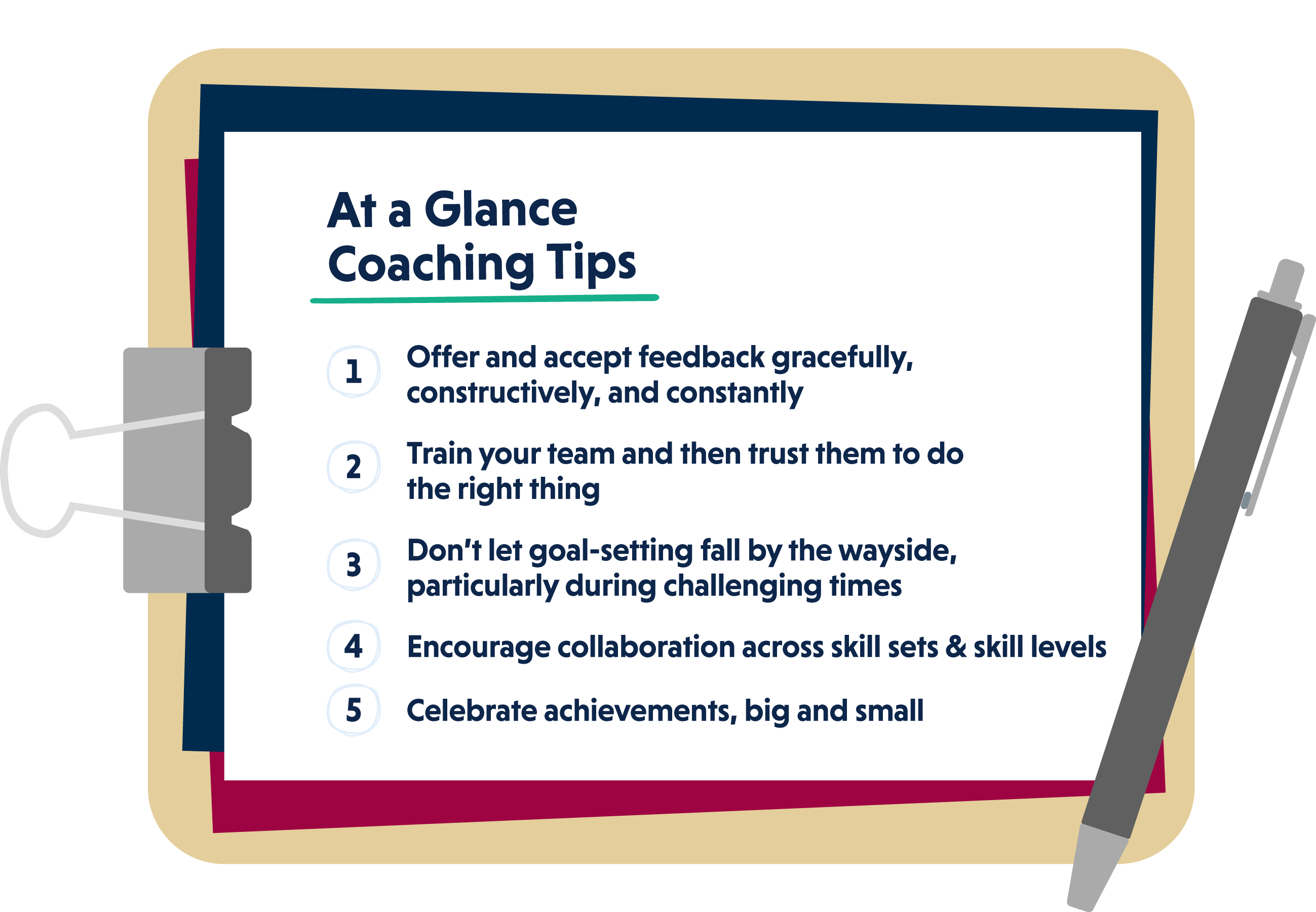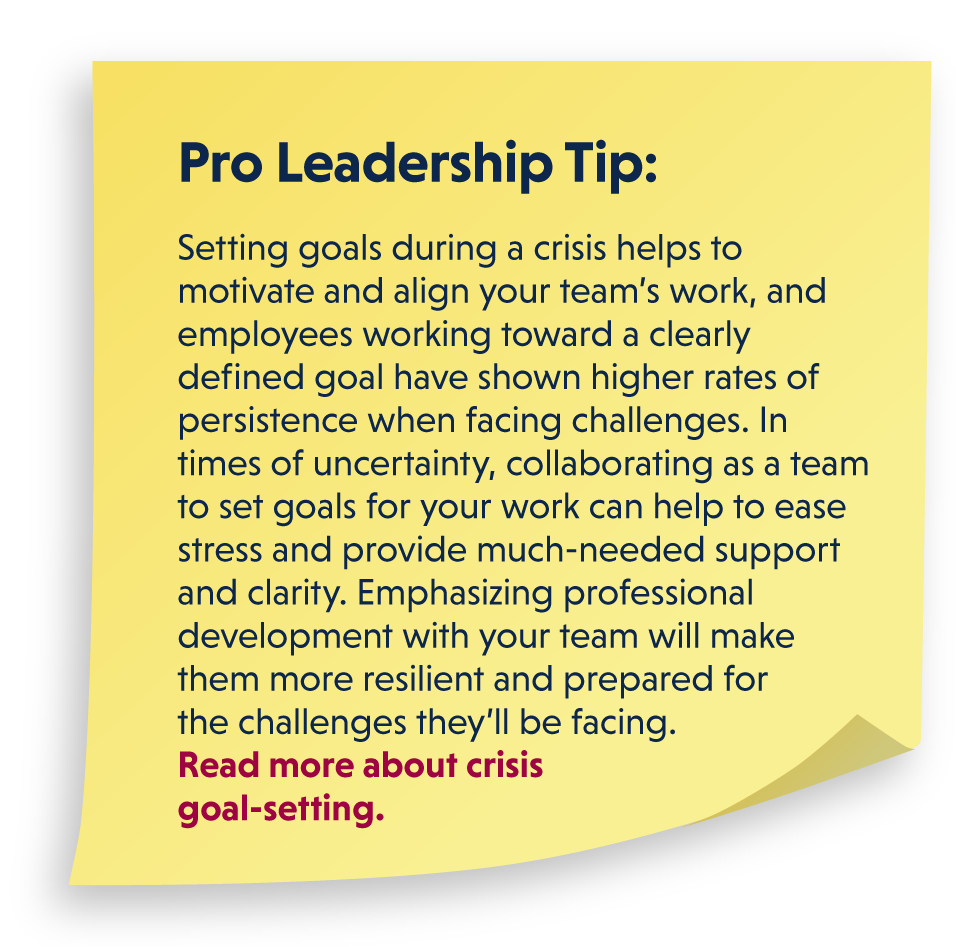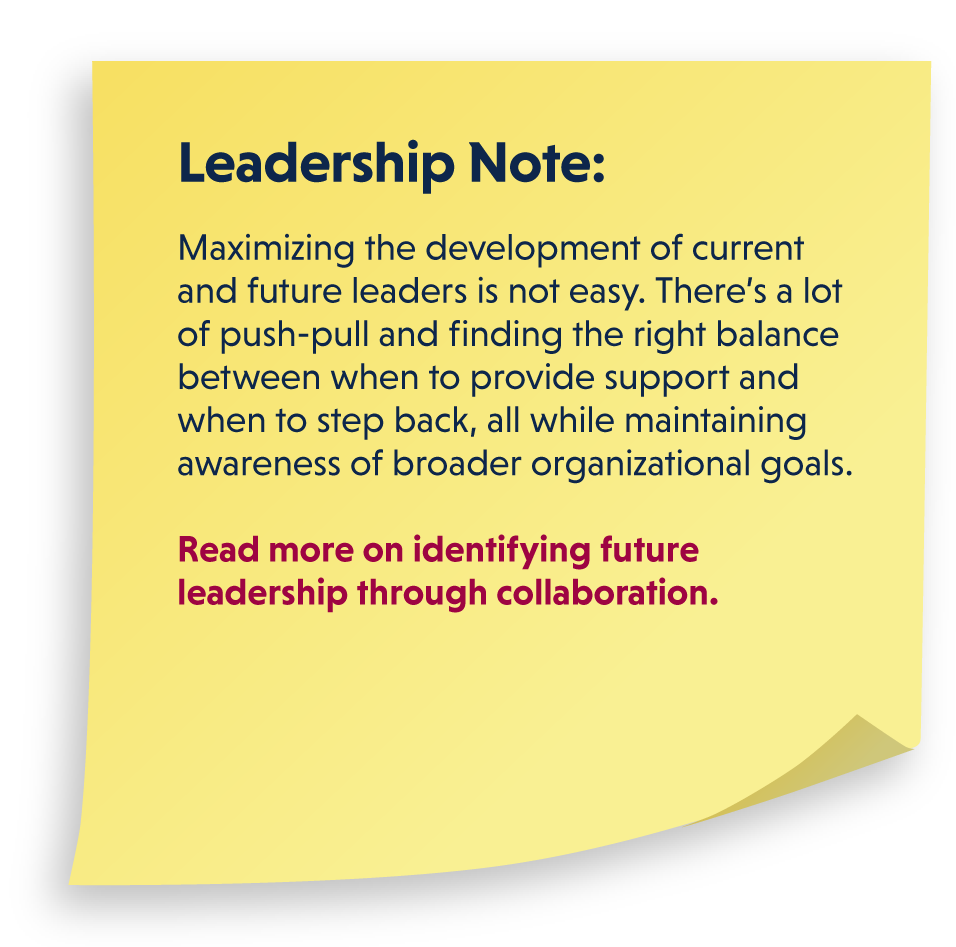Coaching is a form of development in which a person supports a learner or client in achieving a specific personal or professional goal by providing training and guidance. Just like in any sport, the workplace needs coaches to be successful. 
45% of HR professionals believe coaching is essential in their organization, and 93% of managers need training on how to coach employees. So how can you develop useful coaching skills to ensure success with your employees and company? Apply these five essential skills for effective coaching.
DYK? 45% of HR professionals believe coaching is essential in their organization. Share on XOffer and Accept Feedback
Offer and accept feedback gracefully, constructively, and constantly. This means creating a feedback loop with your employees. The ability to offer both praise and constructive feedback is highly underrated in the workplace. Excellent coaches not only understand its importance, but study the best ways to handle a constructive feedback loop within their organization.
Employee Feedback:
Employees very rarely receive enough feedback. Provide employees with meaningful feedback and suggestions on ways they can improve on their areas of weakness. Use this time to provide constructive criticism and solutions to these areas. Ensure the positive communication is specific, valuable, and reinforcing. Establishing this will, in turn, create positive results in productivity and the future quality work of your employees.
Leadership Feedback:
“Orders come from customers, not from leaders.”
– Joyce Rachelle
An active coach must not only be willing to accept feedback, but they should also be ready to make the most of the feedback employees give them. Ask your employees for ways you can improve in your role as a coach and how you can help your employees achieve their goals. In general, it’s vital you keep an open mind and attitude during any discussion with your employees. Once you’ve received the feedback, compare and contrast how that feedback tracks across your employee relationships and begin to look at ways you might alter or leverage the employee feedback in the future.
Trust Your Team
Train your team and then trust them to do the right thing. If you are reading this, you likely want to be the best leader you can be. That’s great news. Whether they know it or not, your employees are put in a great place to trust you, as it’s built into the hierarchy of the company.
Trust is a crucial part of any positive relationship. As their leader and coach, it’s your job to build relationships, share visions, motivate your employees and team, and create a positive company culture. You may begin the relationship with their trust, but keeping it is up to you.
A relationship can’t be established without respect. Respect your employees as more than just people who work for your company. Use this time as a chance to lead by example. Trust your employees as individuals and allow them to have faith in you in return.
One of the best ways to establish trust in the workplace is by setting expectations. It can be effective to have a group conversation about what it looks like to trust one another. When you have all established what workplace trust is and what breaking that trust looks like, you all have a map to how to keep that relationship strong and balanced.
Offer guidance when needed and be involved with what they do every day, without taking over and controlling every part. Building mutual trust with your employees will allow you to form a positive bond with them and result in higher productivity.
Set Goals
Don’t let goal-setting fall by the wayside, particularly during challenging times. When setting goals, it’s crucial to include time-based milestones and objectives, as well as making sure the goals are reasonable and achievable. The goals should go above and beyond employees daily tasks. The set goals should drive employee behavior, challenge your team, and ultimately lead to the improved success of your company.
 Employee Goals Should:
Employee Goals Should:
- Set expectations
- Connect employee’s tasks to the company’s vision
- Drive employee behavior
- Challenge your team and employees
Encourage Collaboration
Encourage collaboration across skill sets and skill levels. Encouraging employees to work together and acknowledging the accomplishments of the group, rather than focusing on individual success, will allow you to promote a company culture to prosper as a team.
 Collaboration Skills of Successful Employees:
Collaboration Skills of Successful Employees:
- Analyze problems without blaming others
- Voluntarily think of solutions to problems
- Assign out tasks
- Meet deadlines
- Give credit where it’s due
- Take responsibility for mistakes
Celebrate Achievements
Celebrate achievements, big and small. Celebrating the success of your company is a powerful tool and can result in many outcomes:
- Increased employee engagement
- Enhanced company culture
- Improved productivity
- Stronger team relationships
On top of celebrating the success of your company, make it part of your duties to highlight accomplishments of the employees as well. Creating an effort to celebrate everything from work anniversaries to individual achievements will promote enhanced motivation and morale from all employees.
Coaching serves as a competitive advantage in the workplace today. As a leader, you want your employees to succeed in accomplishing their goals and add to the success of your company. Coach, develop, and retain your employees like a pro. Caliper is here for you!
Are you looking for new approaches to growing and coaching your employees? With Caliper Essentials for Coaching, discover existing behaviors that are holding back your team’s abilities and develop new approaches that can lead to improved personal performance as well as a better bottom-line result for your organization.


